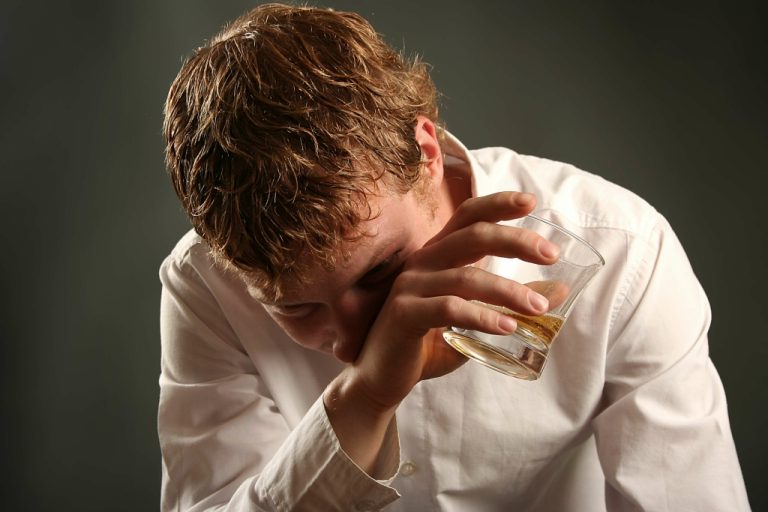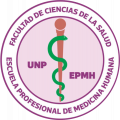Consuming enough water is one efficient way to promote optimal hydration. Consider drinking a glass or two of water before indulging in your favorite alcoholic beverage. One method is to alternate between alcoholic beverages and glasses of water. This will assist in avoiding dehydration and allow you to thoroughly enjoy your night without any unwanted repercussions. A potential additional consequence and symptom of alcoholic myopathy is cardiomyopathy, or weakening of the heart muscle. Patrick McCamley (Clinical Therapist) is a Cincinnati native who has worked in substance use disorder/co-occurring mental health disorder treatment since 2019.
- For resources related to AUD, including how to get support, please visit the NIH website.
- Alcohol is a vasodilator, which means it causes blood vessels to relax and expand.
- Individuals with thin or sensitive skin may be more prone to bruising, regardless of alcohol consumption.
- This can further contribute to impaired motor control and increase the likelihood of falls or accidents.
- If the scarring is extensive, the liver may not be able to do its vital work.
Alcoholic Neuropathy: Symptoms, Causes, & Treatments
Running into furniture, falling into a something hard, or being struck by a flying object could all leave you with bruises. Typically, a bruise begins as a purple or red spot, and as it heals, and the blood is reabsorbed into the body, it can fade to green or even yellow. Alcohol might worsen the symptoms of eczema, causing intense itchiness and dry, inflamed skin. People with alcoholism can develop erosive gastritis, where the stomach lining wears away.
Can I Drink After Dysport?
Let’s break down the mystery of these bruises and learn to take better care of your body. In some cases, alcohol-induced bruising can be a sign of more severe underlying issues related to alcohol abuse or chronic health conditions. Alcohol-induced bruising may take longer to heal due to alcohol’s impact on blood clotting mechanisms and potential vitamin deficiencies.
Proven Remedies to Help Ease Alcohol Withdrawal Symptoms

This condition occurs naturally in our bodies in response to various stimuli. However, excessive vasodilation caused by external factors, like drinking alcohol, can be problematic. Read on to learn how heavy drinking can make you more susceptible to bruising and how you can prevent this condition from worsening.
The combination can worsen the symptoms and raise the probability of bruising or other types of injury. Keeping https://ecosoberhouse.com/ yourself hydrated is critical to avoid and stop bruising from alcohol. Alcohol intake may cause dehydration, which can compromise your skin’s health and make it more sensitive to bruising and other possible injuries. Staying hydrated when drinking alcohol might help you avoid unpleasant side effects like bruising. This process increases the likelihood a person will develop heartburn problems from alcohol abuse. Over time, damage cause to the linings that cover the esophagus sets the stage for internal bleeding from alcohol abuse.
- And since the liver controls blood clotting, alcohol-related liver disease can cause increased bruising, as well.
- This makes even minor injuries result in noticeable bruises after drinking alcohol.
- If you’re concerned about alcohol-induced bruising, there are steps you can take to reduce your risk.
- To counteract the sedating effects of alcohol, for example, the brain increases the activity of excitatory neurotransmitters, which speed up brain activity.
- Since alcohol also lowers your inhibitions, you may be more likely to try something that you normally wouldn’t do, including potentially dangerous physical activities.
Consider talking with someone who has had a problem with drinking but has stopped. Alcohol use disorder can include periods of being drunk (alcohol intoxication) and symptoms of withdrawal. For resources related to AUD, including how to get support, please visit the NIH website. Alcohol hepatitis can lead to liver failure and can also gradually damage the liver and lead to cirrhosis.
When would a bruise be a cause for concern?
This “additive” effect means those with a history of heavy alcohol usage are at greater risk of bruising and abnormal bleeding as they age. Seeking medical care for proper nutrition and managing any underlying liver conditions can help recover normal clotting ability. When alcohol impairs liver function, it decreases these proteins, increasing the likelihood of bruises after drinking alcohol. Getting much-needed rest, avoiding alcohol intake close to bedtime, and getting enough sleep are sure ways to help your body recover faster, quickly heal bruises, and answer future occurrences. Alcohol can dilate blood vessels, leading to increased blood flow to the skin’s surface. This dilation can make blood vessels more susceptible to rupture, resulting in bruising.
Yes, alcohol can cause skin discoloration in the form of bruises or broken blood vessels. Excessive alcohol consumption can weaken the heroin addiction blood vessels in the skin, making them more prone to damage and discoloration. Motor control issues can begin when the blood alcohol level reaches 0.06 and become more severe at 0.1.

Additionally, alcohol can interfere with the body’s natural clotting mechanisms, further exacerbating the likelihood and severity of bruising. If you have cirrhosis from alcohol liver damage, you’re also more likely to bleed and bruise easily. Sometimes, bruising after drinking occurs because of the fact that alcohol dilates the blood vessels.
- You can improve the health of your liver by abstaining from alcohol or only drinking in moderation, eating a healthy diet, and managing your weight.
- This will assist in avoiding dehydration and allow you to thoroughly enjoy your night without any unwanted repercussions.
- This is of particular concern when you’re taking certain medications that also depress the brain’s function.
Blood vessel abnormalities
Drinking can hinder the body’s capacity to clot blood, making bruising more likely. Second, alcohol dehydrates the body, making skin more delicate and prone to bruising. Finally, excessive alcohol consumption can result in falls or other accidents that result in bruises. The co-occurrence of alcoholism and bruising can be a sign of this disorder and its impact on the body. It is important to note that bruising can also be influenced by other factors, such as vitamin deficiencies or underlying health conditions.
Therefore, it is essential to be cautious and avoid situations where injuries may occur when consuming alcohol. It increases the risk of various types of cancer, as well as high blood pressure, heart disease, and stroke. Another health-related risk linked to chronic alcohol misuse is liver disease, which is often the cause of bruising from alcohol. An alcohol use disorder is a legitimate medical condition that causes lasting changes in the brain.
How to Prevent Alcohol-induced Bruising?
Genetics can play a role in an individual’s propensity to bruise, but alcohol consumption can exacerbate bruising regardless of genetic factors. If you or someone you love suffers from alcohol use disorder or any of its health effects, book an appointment with us at CuredNation. We also have the risk of alcohol-induced seizures, which are common during binge drinking. Excessive drinking may also alcohol and bruising lead to an alcoholic blackout, a condition reached when the blood alcohol concentration (BAC) is over 0.16%. This increased blood flow means more blood might escape the vessel if it ruptures.
